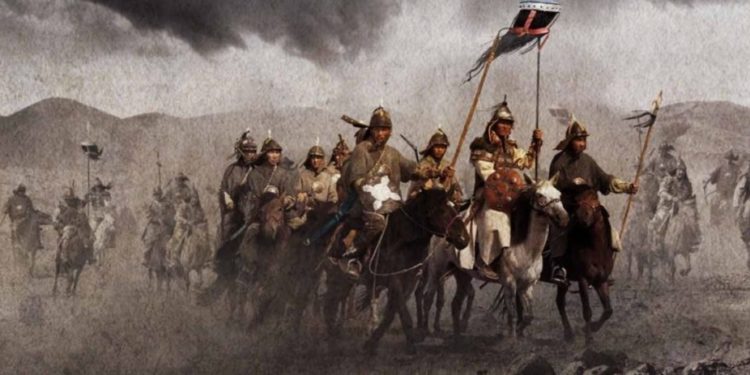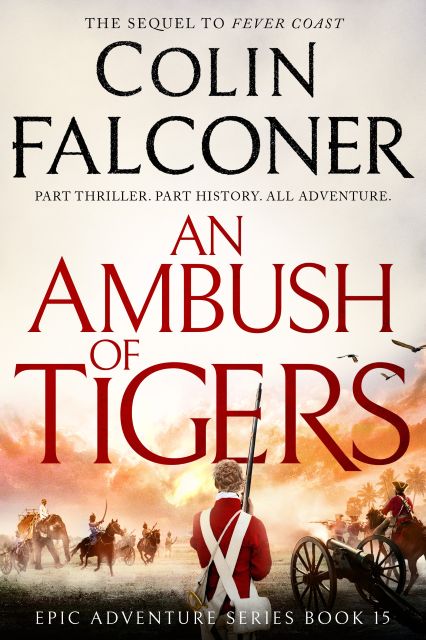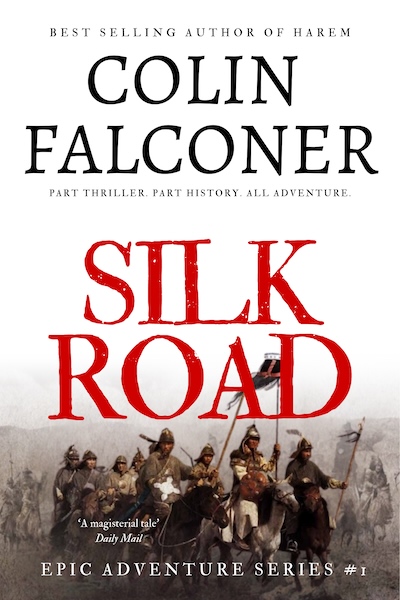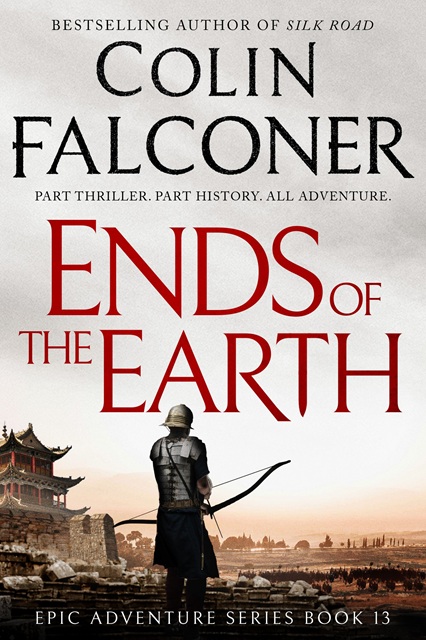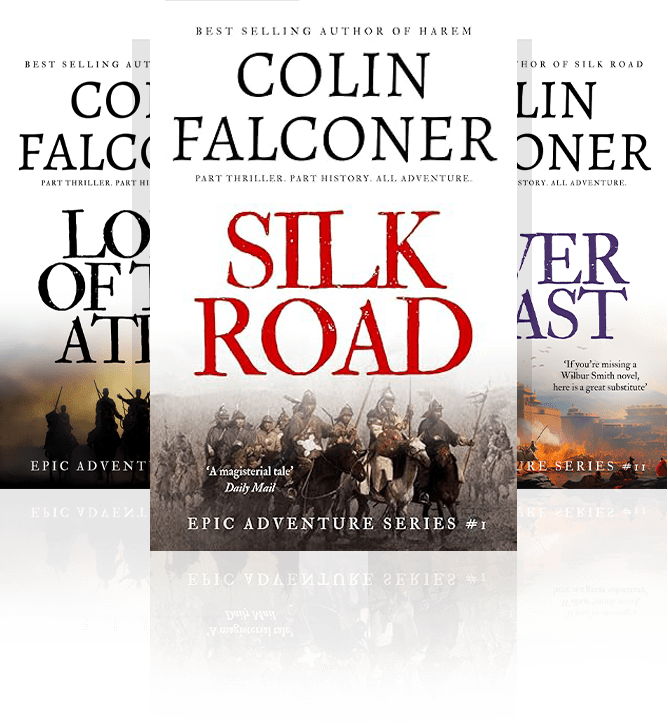‘In Xanadu did Kubla Khan a stately pleasure-dome decree’
The opening lines from Samuel Taylor Coleridge’s famous poem Kubla Khan have led some to believe that Xanadu was an imaginary place. Coleridge himself said that the poem was composed after he experienced an opium-influenced dream.
But there really was a place called Xanadu. More correctly known as Shang-tu, it was once the summer capital of the Great Khan of the Mongols.
We know this because westerners had been visiting Mongolia since 1246, when Pope Innocent IV dispatched one of his priests on what was surely the longest and most difficult embassy any diplomat has ever made.
The Golden Horde
At the time, the whole of Europe feared it would be overrun by the ‘Golden Horde’.
The Khan’s terrifying army had ravaged through Asia and the Middle East to even threaten Vienna. When King Wenceslas of Bohemia looked out, he didn’t see snow lying all about, he saw Mongol cavalry.
Meanwhile, the Crusaders in the Holy Land were in disarray after two centuries of infighting. Raids by Mongol horsemen had reached the gates of Jerusalem itself.
Desperate, the pope wondered if he might form an unholy alliance with the Mongol chieftain to not only stem the tide in Europe, but have the Khan defeat his Muslim enemies at the same time.
He sent a Franciscan friar, John of Plana, to travel the Silk Road to what is now Mongolia, to put his bold plan to the test. The friar rode an astonishing three thousand miles in just over a hundred days to complete his mission.
It was an incredible feat – and he did it twenty-five years before the much more celebrated Marco Polo.
The Silk Road
The fabled road isn’t one single road. It is a spiderweb of paths and tracks – sometimes not even that. No one back then had ever travelled the whole length of it. It was far too difficult and dangerous.
Trade goods passed hands dozens of times along the way, trader to trader. It was like a game of pass the parcel, only with camels and bandits.
But somehow, John of Plana managed it. He must have been brave, tough and very resourceful.
He was the inspiration for my own fictional Dominican monk, William, and his Templar bodyguard, Josseran Sarrazini in Silk Road.
Josseran’s Journey
Like John of Plana, when my characters Josseran and William set out from the Kingdom of Jerusalem on their great journey eastwards, they firmly believed they weren’t coming back.
Their odyssey to Xanadu began on the Mediterranean coast and led them across the Middle East, through Persia, still desolate from the scorched earth invasion of Genghis Khan forty years before.
Then they travelled on foot over the mountains of the Hindu Kush – ‘the Roof of the World’.
After that, they faced the notorious desert of the Taklamakan, which means literally ‘go in and you won’t come out’. Camels were known to die of thirst on the crossing.
The desert was also feared for its black hurricanes, towering tornadoes of grit and pebbles that could swallow up whole caravans.
Even after crossing the Taklamakan, their troubles weren’t over. The stories that travellers brought back from the East would have made Bear Grylls think twice.
‘Some say that in the land of Cathay there are creatures with heads like dogs who bark and speak at the same time. Others say there are ants as big as cattle. They burrow in the earth for gold and tear anyone who comes across them to pieces with their pincers.’
There were more surprises to come.
In the west, women were still considered the private property of their fathers or husbands. So, the ways of the warrior nomads of the high steppes were a shock.
Tatar women had the right to choose their husbands and had vigorous ways of enforcing those rights.
A marriage suitor would ride bare-chested around his chosen bride, who was handed a rawhide whip.
If she liked him and favoured the match, he might get a few light strokes across his back to test him out before she assented. But if she wasn’t keen, she would beat him bloody until he’d had enough and went home.
Kublai Khan’s Xanadu
Josseran and William’s journey led them at last to Kublai Khan’s capital. There, they faced the most herculean task of all: try to convince the Great Khan of the Golden Horde to agree to an alliance.
William would have been shocked to discover that there were already Christian churches in Cathay. The greatest objection to an accord with the pope came not from the Khan, but from the local archbishop.
Sadly, the fabled city of Xanadu is now just a pile of old stones on an empty plain in Inner Mongolia, and its founder, Kublai Khan, is long gone.
You can visit Machu Picchu and Stonehenge and Delhi’s Red Fiort, but today the only way you can experience Shang-tu is between the pages of a book.
🔗 Grab your copy of Silk Road here on Amazon in Kindle ebook, paperback or in Kindle Unlimited.
